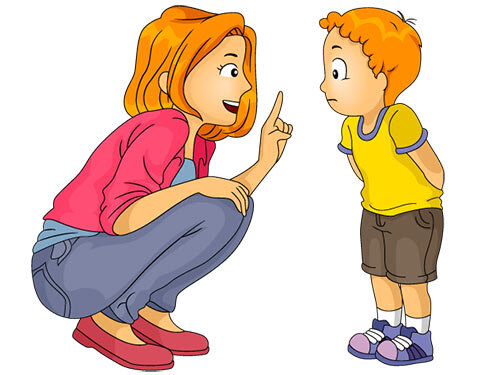COVID - 19: Talking to Children
There are many resources that can support you as begin to talk to your children about WMS being closed and what is going on in the world today. I wanted to share some guidance from a number of local and national sources.
The primary response of children to uncertain times is to take lead from the adults surrounding them. If you are worried, they will be worried. If you remain calm, they will remain calm.
It is okay to share with your children that you don’t have all the answers but that you will tell them when you know something that will impact them. In the meantime, highlight those things that will remain the same; i.e. focus on bedtime and showers, meals at home with your family, shared book reading, whatever activities you do at home – focus on the ones that can and will stay the same. Even with different routines try to stay consistent at home with what you can.
Many big and important events in the lives of our children have been or will be affected. Plays are being cancelled, sporting events, concerts, and clubs—this is a big loss for our children who work so hard and look forward to these special events. Try and be creative and allow for smaller “performances” at home or an opportunity for your child to showcase his cello playing, for example, via facetime if technology is available to his uncle out of town. Even though you make creative accommodations recognize that you want to create room for their disappointment. Allow for the sadness. Talk it through. Perhaps have your child write or draw a picture or perform a play or a song about how they are feeling as a means to document this time that they will never forget and that their children will someday want to hear about (this shows your confidence in and reassurance about the future and how we will all eventually “get back to normal”).
Regardless of the age of your children, remember that anxiety peaks at times like these and this might look like a child in tears, inability to focus, forgetfulness, or fidgeting, trouble sleeping, or simply the child seeming “off”. Be patient. Be receptive.
The following links are helpful reading for talking with children about COVID-19:
Montessori Administrator's video about talking with children
National Association of School Psychologists "How to Talk to Your Kids about the Coronavirus"
Your Directresses will be reaching out with additional support.
